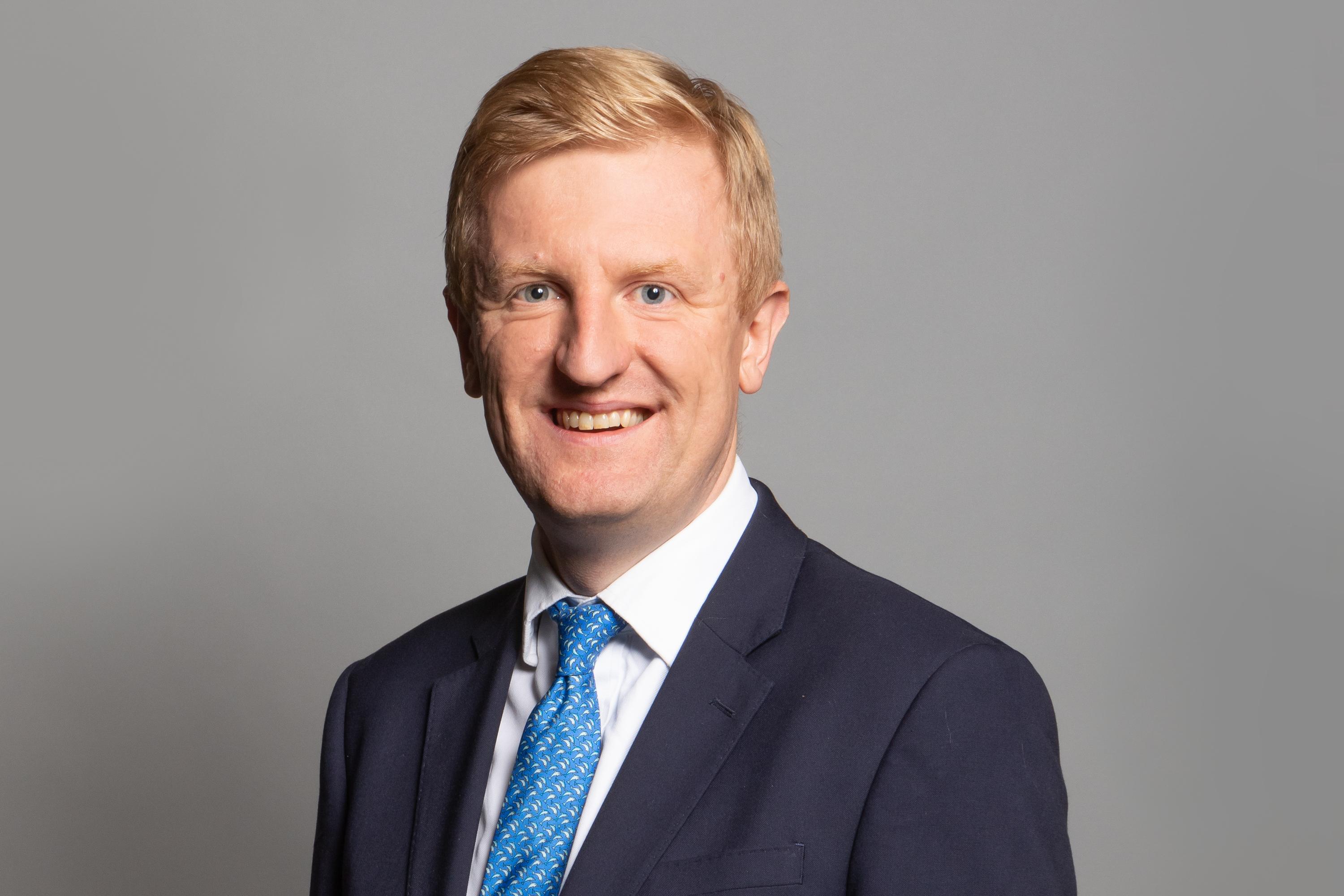
The deputy prime minister, Oliver Dowden, has said that the UK should boost its defences against “threats” to its economy, identifying the UK’s exports and imports as key part of the national security infrastructure.
In a Chatham House speech yesterday (19 April), Oliver Dowden committed the government to boosting defences against “threats to the British economic model” while promising not to “decouple” from the international economic system.
“Fundamentally, we need to tighten our controls over the routes by which the UK plugs into the global economy, but in a way that allows investment and trade to flow as freely as possible.”
Identified threats
Dowden identified actions taken by the Russian and Chinese governments as possible threats to the UK’s supply chains:
“Covid and Russia’s war on Ukraine both laid bare the interconnectedness of global supply chains and the extent to which they can be exploited, such as Russia driving up the price of gas, and Chinese acts of economic coercion.
“Again, we see deliberate attempts at weaponising import and export links through coercion, including trade restrictions by China against Lithuania and by Russia against Ecuador.”
The deputy PM added that the UK must “ensure that the goods and technologies we sell overseas are not being used to harm our own national interest, or in a way that runs counter to our values”.
Grace Thompson, public affairs lead at the Institute of Export & International Trade (IOE&IT) said:
"Dowden’s speech highlighted increasing awareness from government that the weaponization of trade on the world stage is a formidable issue. The announcement that the government would consult on improvements to export controls on emerging technologies is a reflection of challenges around export controls for a number of UK exporters.
"We will be keeping members updated on any upcoming consultations around Export Controls and encourage any members particularly interested in this issue to contact us to join our Export Controls Special Interest Group (SIG)."
IOE&IT members can sign up for the next export controls SIG here.
Export controls
Although he said he remained confident in the way that export controls were functioning, he said the government would be tweaking the system to better protect the UK’s long-term economic security.
Dowden also announced there would be changes to the National Security and Investment Act 2021 (NSI), which he said would “fine tune” the system.
The act expanded the government’s powers to review and intervene in business transactions that might impact the UK’s national security, with a greater number of ‘mandatory’ sectors, backed up by the threat of criminal penalties for non-compliance.
The changes to the NSI are likely to affect the areas of critical minerals and semiconductors, although a statement is expected to confirm many of these details.
First penalties ‘expected’
Dowden’s speech came as another government minister confirmed that it expected to see the first financial penalties levelled since the start of the Russian sanctions regime in 2022.
In a letter to Alicia Kearns, chair of the parliamentary Foreign Affairs Committee, sanctions minister Anne-Marie Trevelyan said:
“OFSI cannot pre-determine case outcomes but does expect to see the first Monetary Penalties resulting from 2022 Russia designations come to fruition in 2024. This is in line with other jurisdictions, including the US, given the time it takes to properly investigate cases.”
The Office of Financial Sanctions Implementation (OFSI) has already imposed charges against 10 businesses this year, according to the letter, totaling £22m.
[Picture sourced from Parliament website under Attribution 3.0 Unported (CC BY 3.0) licence]



